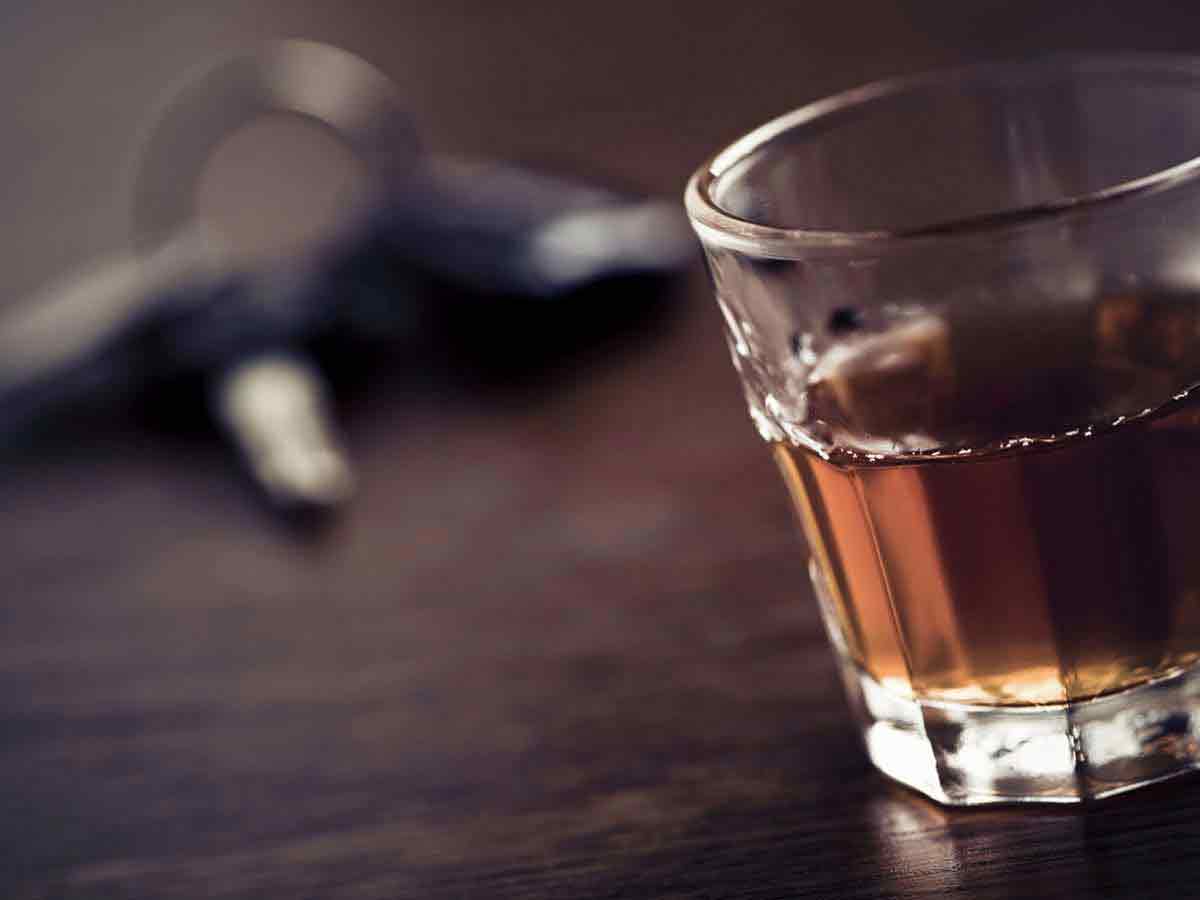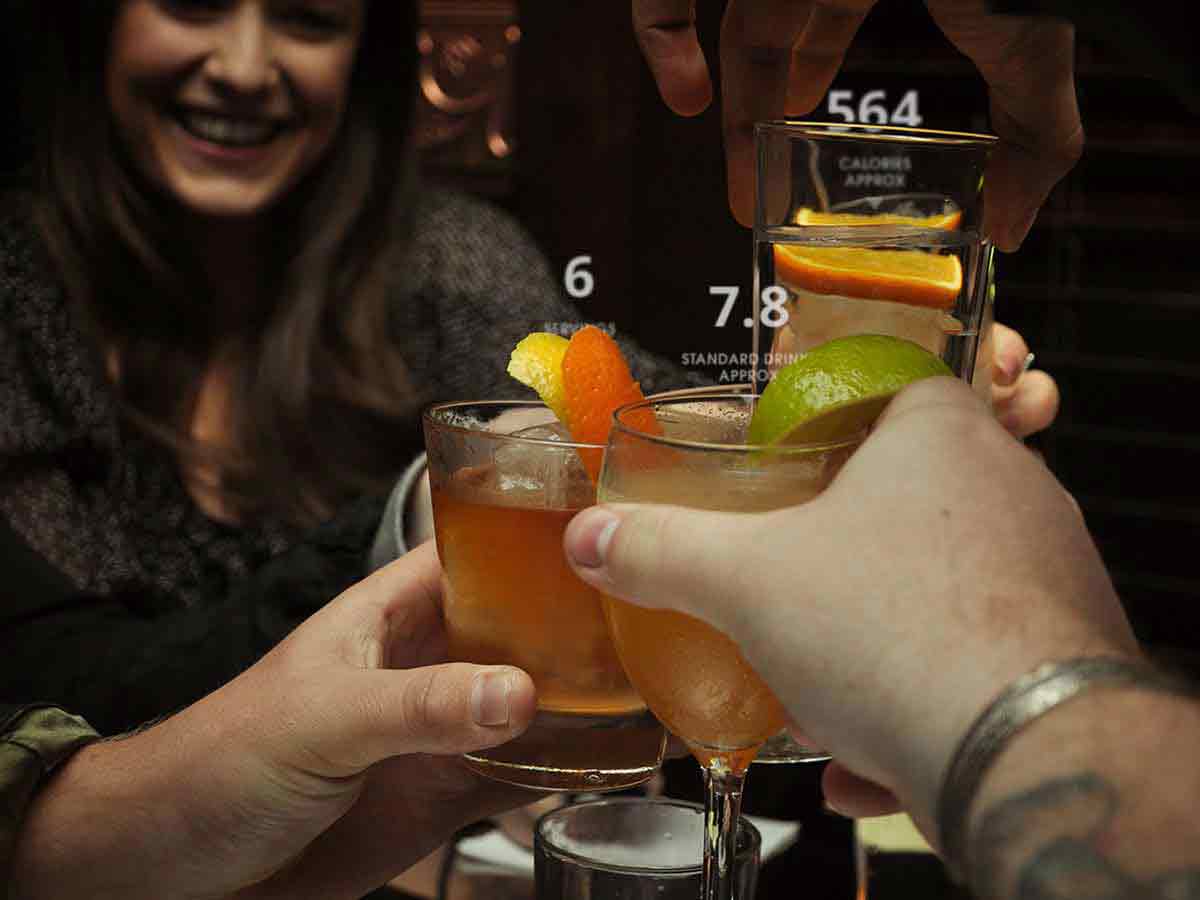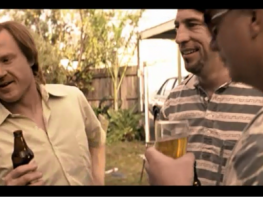Alcohol poisoning is extremely dangerous and, without prompt medical treatment, may even lead to serious illness or death.
If you think someone has alcohol poisoning, call for emergency medical help straight away.
Alcohol poisoning happens when you drink a large amount of alcohol, usually over a short period of time. Your blood alcohol concentration (BAC) is so high that it is considered to be toxic.
On average, your liver can only process one standard drink per hour, anything more than this will increase your BAC. The faster you drink, the higher your BAC will be, and the greater your chance of alcohol poisoning. Even if you stop drinking, your BAC will continue to rise as the alcohol in the stomach and intestines will continue to enter the bloodstream. This can happen even if someone is unconscious.
Know the symptoms
- Confusion
- Irregular breathing (a gap of more than 10 seconds between breaths)
- Loss of co-ordination
- Low body temperature (hypothermia)
- Pale or blue-tinged skin
- Seizure
- Slow breathing (less than eight breaths per minute)
- Unconsciousness or passing out
- Vomiting
If you think someone has alcohol poisoning, call for emergency assistance straight away.
While you wait for help:
- Stay with them
- Keep them warm
- If they are unconscious, put them in the recovery position and check that they are breathing
- If they are awake, try to keep them in a sitting position and awake
If someone has drunk too much, DO NOT:
- Leave them to sleep it off: the amount of alcohol in someone’s blood continues to rise even when they stop drinking.
- Give them coffee: alcohol dehydrates the body, as does coffee. Having both can lead to severe dehydration and permanent brain damage.
- Make them sick: alcohol can interfere with a person’s gag reflex, causing them to choke on their own vomit.
- Walk them around: alcohol slows brain function and affects co-ordination and balance. Walking around might cause accidents.
- Put them under a cold shower: alcohol lowers body temperature. A cold shower could make them colder than they already are and lead to hypothermia.
- Let them drink more alcohol: the amount of alcohol in their bloodstream could become even higher – which could put them in more danger.














